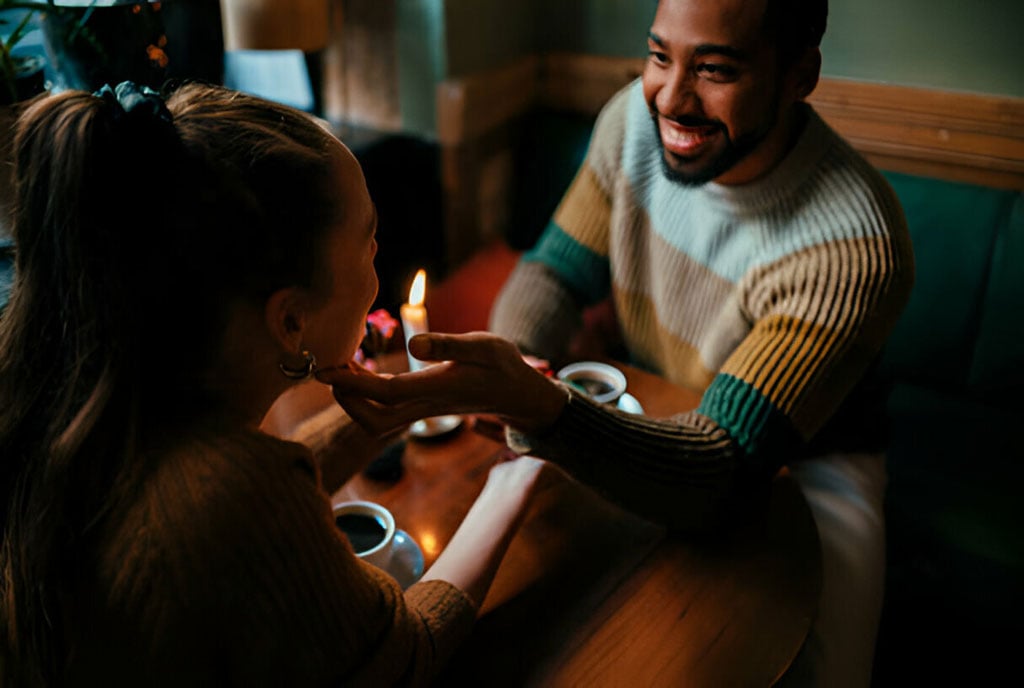Knowing, expressing and experiencing your love language

What you need to know:
- If this is your love language then arguments, hurtful words and character assignation are more likely to cut deeper for you than anything else. If you do not share this love language with your partner there is most likely to be a disconnect, because a lot might get lost in translation as you communicate verbally.
The idea that there are five distinct “love languages” may be as familiar to some people today as the idea that there are seven continents, four seasons and Beyoncé is also Knowles-Carter. This might seem common knowledge yet there is a population that has no access to this information.
‘The Five Love Languages: How to express commitment to your mate’ is a book that was released in 1992 by Gary Chapman. The book listed and explained the five ways in which we as human beings express and like to experience love with the notion that each individual has a primary love language that takes centre stage in their life and the others follow in a hierarchy according to importance.
I do not want to make us sound too simple or backward, but a good number of people with whom I have interacted have no information on what their love language is. We meet someone, we like them we get together and figure it all out along the way or maybe even never at all.
I think it is important to know your love language as it leaves less room to clash and opens up to more understanding. It allows you to learn the way your partner is built and their expectations in how you express and nurture love to them.
The five different love languages are:
Words of affirmation
This does not lie in compliments alone. It is the I love you’s; I hope you are having an amazing day; I cannot wait to see you later and sentences of that nature. If this is your love language then arguments, hurtful words and character assignation are more likely to cut deeper for you than anything else. If you do not share this love language with your partner there is most likely to be a disconnect, because a lot might get lost in translation as you communicate verbally.
Quality time
You express your love or like to receive it by giving or having someone else’s full attention, not by merely making an effort to spend time but by being fully present.
Receiving gifts
This in no way makes you materialistic but unlike others you would like to experience love by receiving small items from your partner to show you they care and are thinking about you; it could be flowers, your favourite ice cream, your favorite bottle of wine or even a notebook because you had been thinking about getting one.
Physical touch
I am going to be honest and tell you that this particular one irks me because it invades my personal space to which I do not take too kindly to. But I would be understanding if I was dating someone who found it particularly important in the way they would want to receive love. It means things like, holding hands, unprovoked back rubs, hugs and cuddles. Some people thrive on that being the way they express their affection.
Acts of service
This is where people feel fulfilled by their partner doing certain tasks for them, filling up their car with petrol, doing the dishes without being asked, fixing a light bulb. Service does not mean you are a sweetie the slave (a little reference/humor for all my RHOA fans) but instead means that the person you are with that subscribes to this finds it so comforting when there is someone to help take the load off with daily tasks.
In the spirit of transparency, I will share with you that my love language is receiving gifts; I have taken many personality and love language calculator tests (not that I needed to) that all concluded this. I am not materialistic, never have been. If anything I prefer to gift myself. But I do appreciate showing love through things, pick up something that reminded me of you, give me little mementos that will always remind me of you.
There are countless online tests that will help you understand your love language. I did mine and receiving gifts came in at 37 per cent acts of service; at 27 per cent, words of affirmation; at per cent, quality time at 10 per cent and physical touch at 6 per cent. I thrive on the love of thoughtfulness and effort behind a gift. That is more important to me than seeing you 24/7 and there are many for whom their language is the complete opposite of mine.
I feel like in this ever changing world, it is important to make yourself knowledgeable about these things, go into a relationship know what your expectations are and let these be known to your partner; it eliminates a great chunk of conflict knowing how you expect to be treated and vice versa. It is also opportunity for you to tell each other what you can and cannot do and cutting your losses before you get too invested.
Invest. Reading around the subject is a worthwhile investment. It will enable you to gain more undertsanding of who you are, whom you love and the best way you want to be loved. Imagine how smooth relationships would be if we took out all the guess work.




